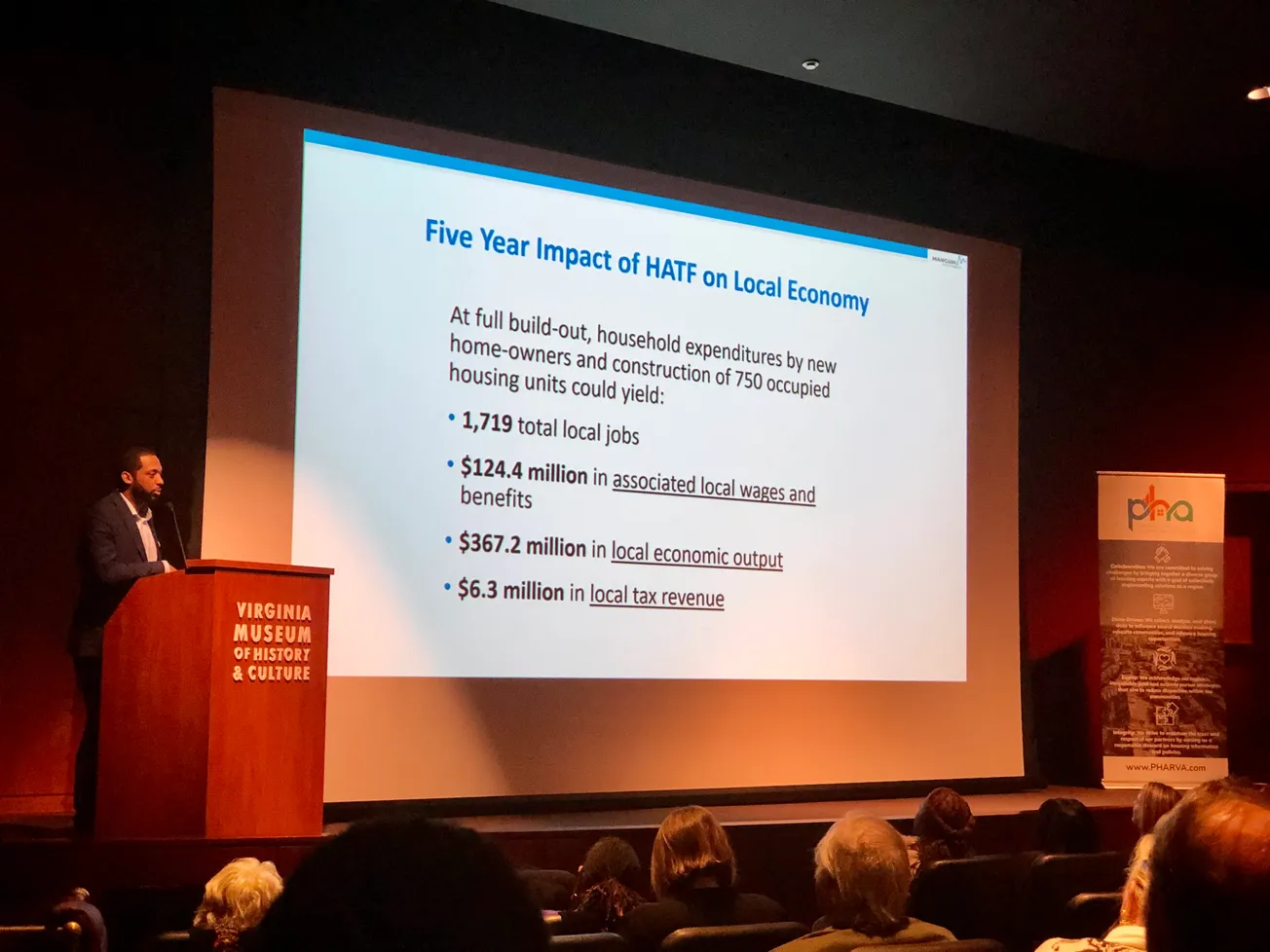affordable housing — housing — Partnership for Housing Affordability — Henrico affordable housing trust fund — Community — Top News — Eastern Henrico — Nothern Henrico — Western Henrico — Sandston — Short Pump
Why this organization is urging businesses to help address affordable housing needs in Henrico, Richmond region





